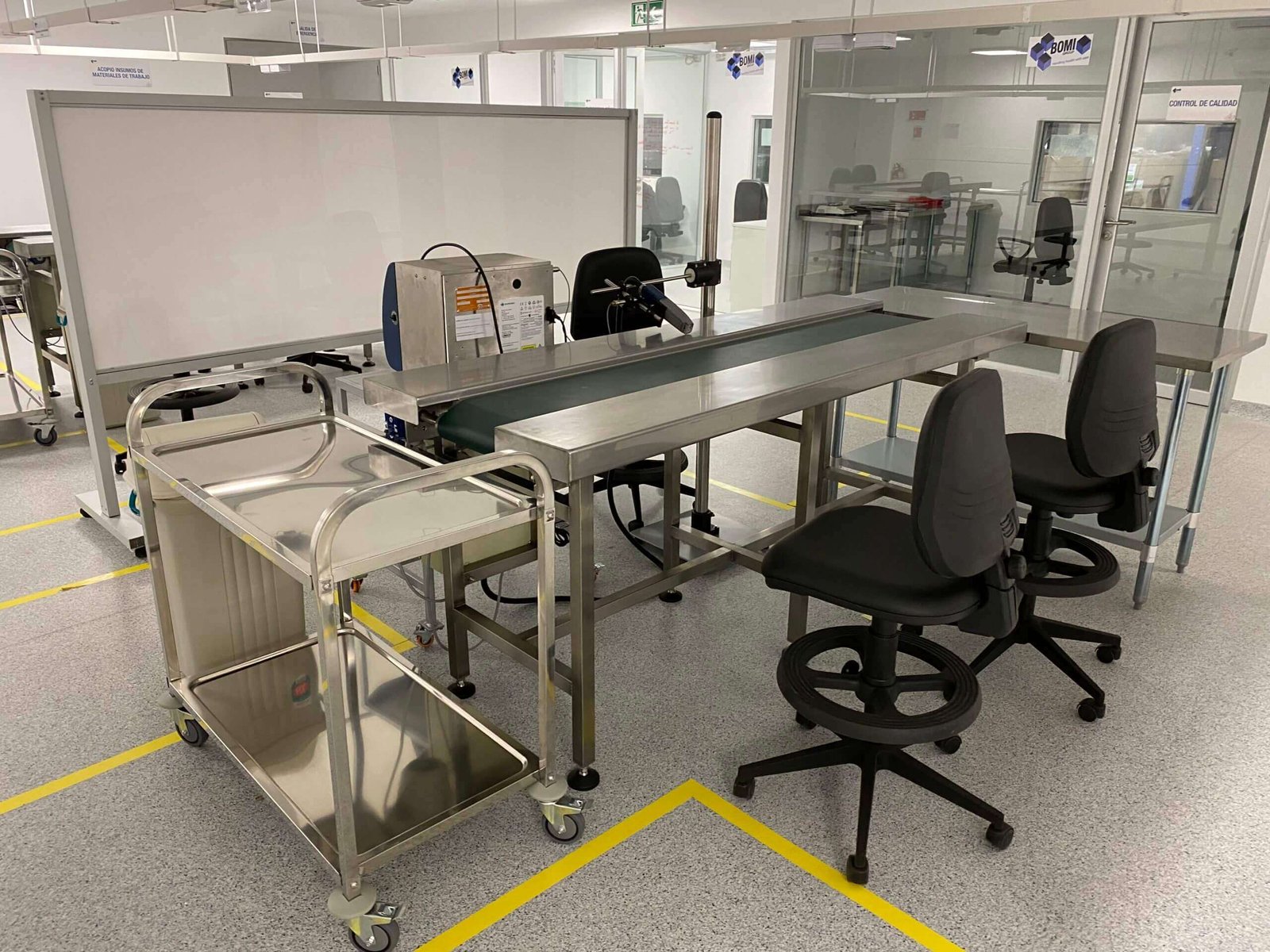Chile, laboratory for global water innovation

Chile is a power in the production of fruits and vegetables in the southern cone and, in addition, one of the countries hardest hit by climate change and drought. This, which could be understood as a paradox or a major problem, also represents an instance for the agricultural sector -which represents 4.3% of the national GDP and employs nearly 800,000 people- to project its future in a sustainable manner. . And even more importantly, consolidate a role of reference and international leadership.
Crisis as opportunity is a mantra that we often hear in similar contexts, but it does not stop making sense in this case. Technological innovation will be the fundamental factor for the production of fruits, vegetables and vegetables in Chile to respond to the global needs of food availability obtained with a reduced global impact.
On the one hand, the current climate context requires that any economic activity minimize its impact on the planet and use natural resources with the maximum possible efficiency. On the other hand, population growth increases the need for food with a higher nutritional value, in -another paradox of the context- on a smaller cultivated area.
As an additional element, their loss during the process appears as a great threat. For example, in the local case, in the event of climatic phenomena such as frost or water scarcity for certain crops.
There are many examples throughout history in which countries have become references for frontier knowledge in complex contexts: conflicts and wars, ideological clashes or unfavorable geographical positions have encouraged the strengthening of local industries, generating research and development that expedite the transfer of technological solutions that generate impacts.
Before the water scarcity, agricultural properties used freely available water, flooding their crops with a good that was perceived as abundant. Today, the urgency leads us to do things in a different, responsible and sustainable way. For this, we have the knowledge. High-level engineering projects are becoming more frequent in industrial plantations.
Smaller scale solutions, but equally useful and innovative, are more often seen in smaller plantations. If one knows the crops or production techniques in other markets, one could conclude that the agricultural sector and its derived services have the knowledge to materialize increasingly significant advances, as has already been done.
One figure justifies everything: 40 liters of water per second, through furrow systems, it is possible to irrigate between eight and ten hectares. On the other hand, different drip irrigation techniques quadruple the cultivation area with the same availability of water resources.
The great global challenge that food production represents for humanity in a climate crisis environment can make Chile a natural laboratory for technological innovation. For this, the industry must continue pushing improvements, the State providing the correct incentives, and the R&D ecosystem designing solutions with greater creativity and impact.






